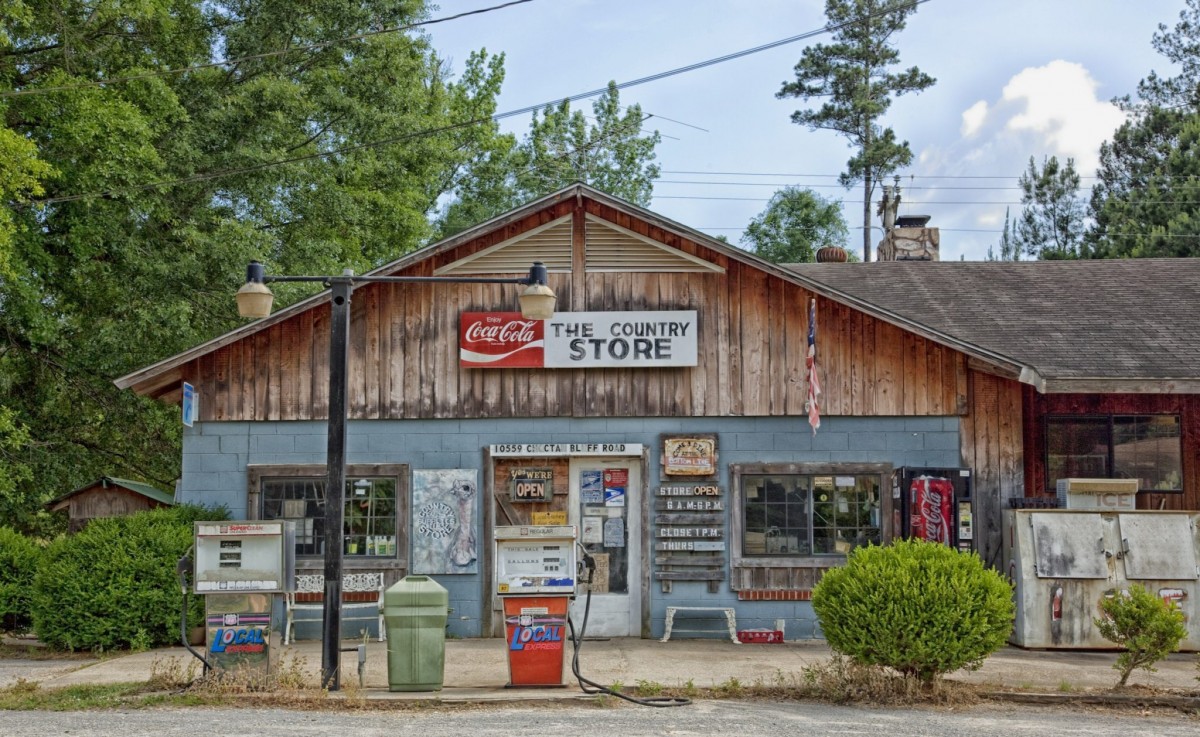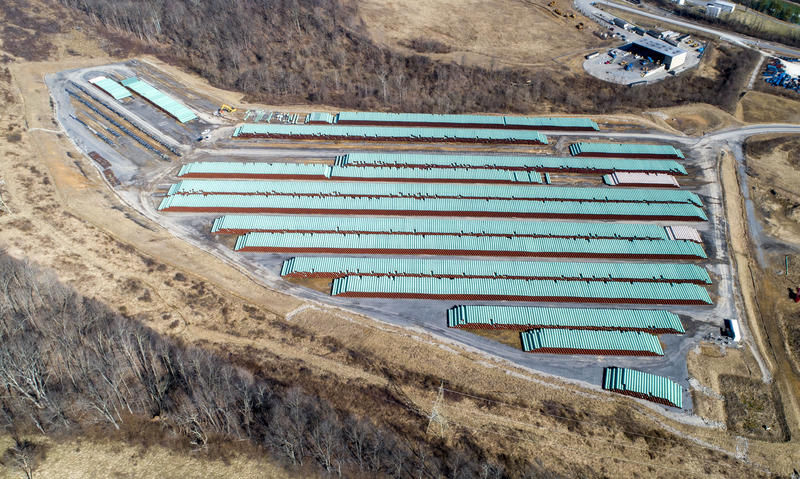Rural communities are understandably concerned about the way local development of renewable energy can affect their lives. In Minnesota, the Rural Energy Dialogues offer a way for communities to name their concerns, learn more about the issues and make decisions that reflect their values and identity.
In small towns across America, people are grappling with what the national shift towards renewable energy will look like locally. Some see wind and solar projects as an exciting gateway to road improvements, income for landowners, jobs, lower property taxes and expanded community services. Others view these projects as a disruption to the landscape they love, as big machinery and blinking lights are constructed to benefit developers and power companies. Then, somewhere in the middle, is where most people likely find themselves: unsure about what clean energy could mean for their hometown. There’s a clear need for people across this spectrum to learn more about the future of local energy and identify their shared community priorities.
How can we create this space for high-quality information and in-depth discussion about the shifting energy system?
Build Clarity and Understanding
Since 2014, The Institute for Agriculture and Trade Policy and the Jefferson Center have convened the Rural Climate Dialogues and Rural Energy Dialogues to help Minnesotans navigate the future of local energy and plan for climate resilience. The Rural Dialogues put community members at the center of the policy questions, giving them the knowledge, resources and time they need to create recommendations. At the end of the multi-day events, their recommendations are shared with local decision-makers and we work with community members, officials and organizations to help bring their ideas to life.

We see the Rural Energy Dialogues as a productive way to help communities address a potential expansion of renewable energy infrastructure, and we’re planning two dialogues in southwest Minnesota in late 2019 and early 2020 to do just that. By convening people in these communities and providing unbiased information, local experts and time to discuss the issues, everyone has an opportunity to share their perspectives and build recommendations together. This approach results in less tension and more thoughtfulness and productivity compared to a town hall on the same topic.
After taking the time to learn more about renewable energy infrastructure and its impacts on residents, participants will work together to identify their key priorities and recommendations. These findings will be shared with energy developers, officials, media and other rural counties to amplify the recommendations and be a resource for similar conversations.
Make People Feel Heard
Clean energy can change a rural community’s identity. For farming communities, building new technology on traditionally agricultural land and changing the landscape can stir complex feelings. That’s why it’s key to invest in a proper civic engagement process with adequate time for communities to discuss and grapple with potential changes. Community members often have personal knowledge about their surroundings and experiences in ways that might not be immediately visible to others. By allowing that insight to enter the discussion early on, we ensure that the community is working with the most complete and authentic information available. When communities are engaged effectively, policy and relationships are better for it.

At our Rural Climate Dialogue State Convening in 2016, which gathered citizens from across rural Minnesota, individuals had the chance to meet face-to-face with policymakers. We asked the question, “Does Minnesota’s state government know enough about climate change risks to take action?” Through a two-day process of direct interaction between state officials and rural residents, the number of rural residents that answered “agree” or “strongly agree” to that question increased from 30 percent to 77 percent. Effective meetings and deliberation can help build trust between constituents and leaders, bridge information gaps and restore hope in government decision-making.
Embrace Shared Learning
The Energy Dialogues can also help uncover the range of ideas around renewable energy infrastructure. Whether there is support or opposition (or a mix of both), we’ll be able to identify the beliefs and values that drive that reasoning and share these key ideas with leaders across the state who may be working through similar tensions.
In previous years, citizens and local officials who have participated in the dialogues have become local leaders around climate and energy. Participants have run for city council, become community activists and organizers, or simply grown more engaged and aware as community members. We believe that participants in this next phase of dialogues will continue this trend, building new and committed networks of rural leadership that will shape the future of renewable energy development.

Support an Energy System That Works for Everyone
We realize that every community is different, and there won’t be a one-size-fits-all solution across the United States. Our approach considers local contexts and meets communities where they are. This idea is at the heart of all Rural Dialogues organizing and is essential to developing a renewable energy system that works for everyone.
As states, utilities and towns across the country transition their energy systems toward renewables, we must avoid past patterns of resource and wealth extraction from rural communities. The Rural Energy Dialogues forge a different path.
But we recognize this conversation should go beyond the people we get in the room. That’s why we’d like to hear your ideas. How is the changing energy system affecting your community? What concerns do you have? What excites you about the future? Where should the Rural Dialogues go next?
Let us know by sharing your thoughts with us on social media with the hashtag #RuralEnergyDialogues, shooting us an email or filling out this simple form. With your input, we can achieve a thriving, equitable and just energy future for rural communities.
This article was originally published by the Daily Yonder.
Annie Pottorff is the communications coordinator at the Jefferson Center, a nonpartisan, nonprofit civic engagement organization based in St Paul, Minnesota. They partner with citizens, communities and institutions to design and implement informed, innovative and democratic solutions to today’s challenges. More information is available on the Rural Dialogues website and Facebook page.



